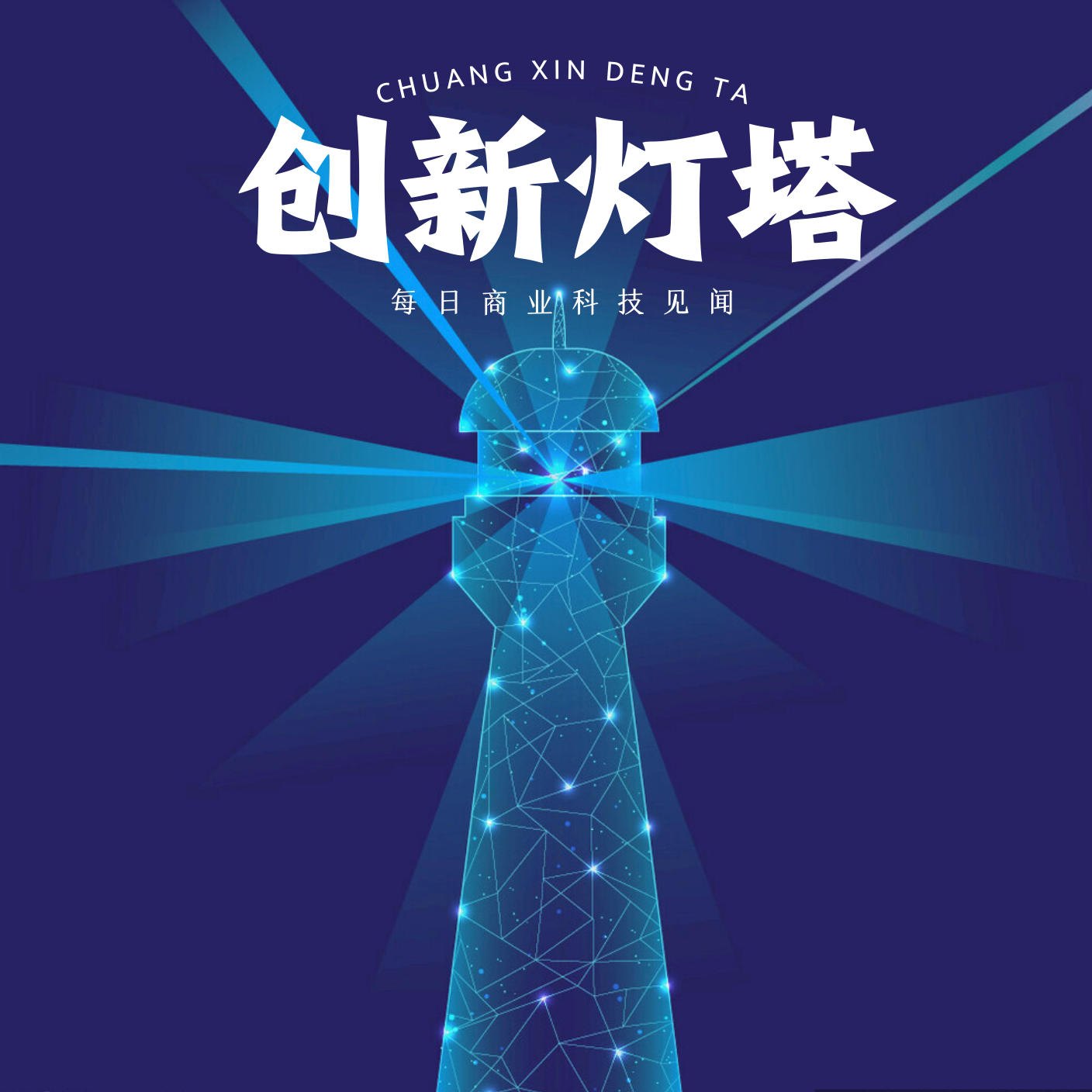
Deep Dive
Why does Elon Musk believe synthetic data is crucial for AI development?
Elon Musk stated that AI training data has been exhausted, with 60% of data used in 2024 for AI training and analysis being synthetic. Synthetic data helps address the shortage of real-world data, reduces costs, and is already being used by tech giants like Microsoft in models such as File4.
How is AI transforming the legal industry?
AI is revolutionizing the legal industry by enabling tasks like evidence analysis, case law understanding, and litigation strategy evaluation. Tools like Python and OE models help analyze evidence, predict case outcomes, and simulate courtroom debates, making legal processes faster and more cost-effective.
What are the potential risks of using synthetic data in AI models?
Synthetic data can lead to model collapse, less innovative outputs, and increased bias, which may severely impact the functionality and reliability of AI models.
How are ordinary people leveraging AI tools to create new career opportunities?
Individuals are using AI tools to transition into roles like digital artists, musicians, and content creators. For example, Lin Chen, a former advertiser, became a digital artist collaborating with brands, while a college student used AI tools for art and music, securing brand deals.
What advancements has AI brought to the field of odor recognition?
Researchers have developed a compound named 533 with unique odor properties and created an odor map using AI. This AI model predicts odors based on molecular structures, aiding in the development of technologies like odor-based diagnostic devices.
What are Elon Musk's predictions for AI and robotics in the next few years?
Elon Musk predicts that AI will be capable of handling all cognitive tasks within 3-4 years. He also forecasts that Tesla's robot production will reach 500,000 units in 3 years and that humanoid robots will become one of the most significant products in history, potentially numbering in the billions.
What is the significance of the first AI-generated short drama in China?
The first AI-generated short drama, created by entrepreneur Chen Kun, garnered 50 million views, highlighting the growing importance of intellectual property (IP) in the AIGC (AI-generated content) era.
What are the challenges faced by large AI model companies?
Large AI model companies face challenges such as copyright disputes, high R&D costs, limited commercial monetization, and competition over high-quality data, which is essential for training AI models.
How is AI being adopted in enterprises according to Tencent Research Institute?
Tencent Research Institute's report, based on a survey of 3,000 enterprises, found that AI adoption is reaching a turning point. Companies are using AI to automate and optimize production processes, improving efficiency and product quality.
What historical events are associated with January 11?
On January 11, 1903, the Wright brothers achieved the first powered flight. In 1978, China successfully cultivated hybrid rice, boosting global food production. In 1982, the Space Shuttle Columbia made its first flight, and in 2010, China's Tianhe-1 supercomputer became operational, marking a milestone in high-performance computing.
- AI训练数据耗尽,合成数据成为未来趋势
- 未来3-4年AI可胜任所有认知相关工作
- 特斯拉机器人产能提升,火星探索计划
- Neuralink技术帮助失明人士重见光明
- 特斯拉自动驾驶依赖AI和视觉技术
Shownotes Transcript
今天的节目将探讨人工智能的最新动态:马斯克如何看待合成数据在AI发展中的角色?普通人如何通过转型成为数字艺术家或利用AI工具挣钱?法律行业的AI化将如何改变传统诉讼流程?科学家们如何利用AI技术在气味识别领域取得突破?接下来让我们来解锁这些商业科技动态吧。
00:00:44 马斯克称 AI 训练数据耗尽,合成数据或成未来趋势
00:02:03 马斯克畅谈 AI 对人类生活的影响
00:03:34 气味研究新进展助力新技术开发
00:04:40 1 月 11 日的历史事件
本期主播: 西娅
后期: 西娅
收听平台: 小宇宙、喜马拉雅、Apple Podcast等。
如果喜欢我们的节目,欢迎点赞评论转发。